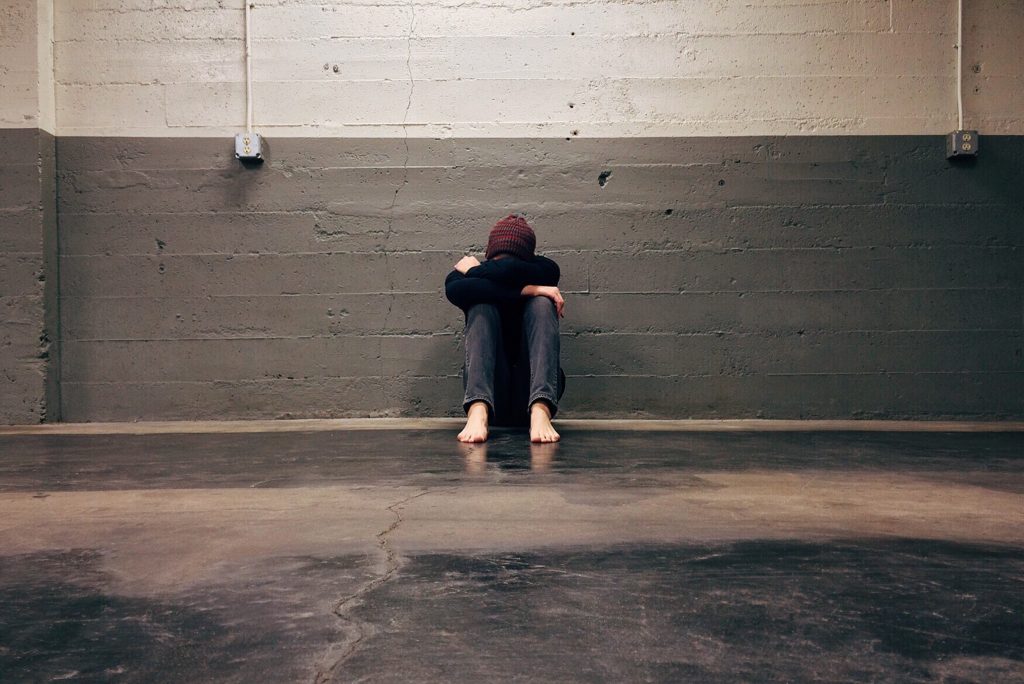Today, “Stress” is one of the major problems faced by modern society. Often, people describe themselves as being stressed out, burned out, or at wits' end. It’s interesting to note that there is no exact definition of stress. Everyone defines and reacts to stress differently and each of us has a different threshold and tolerance to stressful situations. But to put it simply, stress is our body’s way of responding to any kind of demand or threat. It comes from feeling unusual pressure or dwelling on circumstances that make us uncomfortable, and the triggers of which can vary from heavy workload to looming deadlines to family distress or monetary worries.
Our bodies can respond to stress in various physical ways. As the level of pressure gets too great, stress eventually surpasses our ability to cope with it positively. When we feel under threat, our body releases the hormones adrenalin and cortisol which heighten our alertness and makes our heart beat faster to pump blood more quickly around the body. This is known as the ‘fight or flight’ response and is useful in emergencies, but can be a problem if someone is stressed over a long period. It causes hormonal, respiratory, cardiovascular, and nervous system changes. Being subjected to stress over a long time frame grinds us down and diminishes our resilience.
Here again, I’m not saying all stress is bad. In small doses, stressors help give us increased energy and alertness, even helping to keep us focused on the problem at hand. This type of stress is good stress, also known as eustress. Stress just like anxiety in small doses can actually be beneficial to us. All of us experience it in varying forms and degrees every day. Only when the stress becomes too great, affecting our physical or mental functioning, it becomes a problem.
So as I said, when our stress goes beyond the basic level of worry or a span of two weeks or more, we start to become prisoners of our minds. Most people choose not to be aware of their thoughts. They allow their thoughts to play like broken records. Some studies state that around 90 percent of our thoughts are recycled to the next day, meaning that we think the exact thoughts we had yesterday. These thoughts that we dwell on and carry forward on an average are most likely negative ones lined with worry, anxiety, guilt, and regret – all stress producing feelings. Extreme and chronic stress becomes so powerful and overwhelming that after a point despite trying to break free from the suffering, we tend to fall into this new default – negative thinking patterns – that feeds our
daily worries further. At this point, it becomes important to find positive and productive ways to deal with the stress or more importantly, to address the person or situation that is causing the stress.
Besides, stress can be managed and reduced with proper care. People can develop skills to cope and do recover if they get the right support. Anyone who continues to feel overwhelmed must contact a health care professional for advice and support or you can book your appointment with me at 022- 26050846 or email me on info@lighthousecounsellingcentre.com
